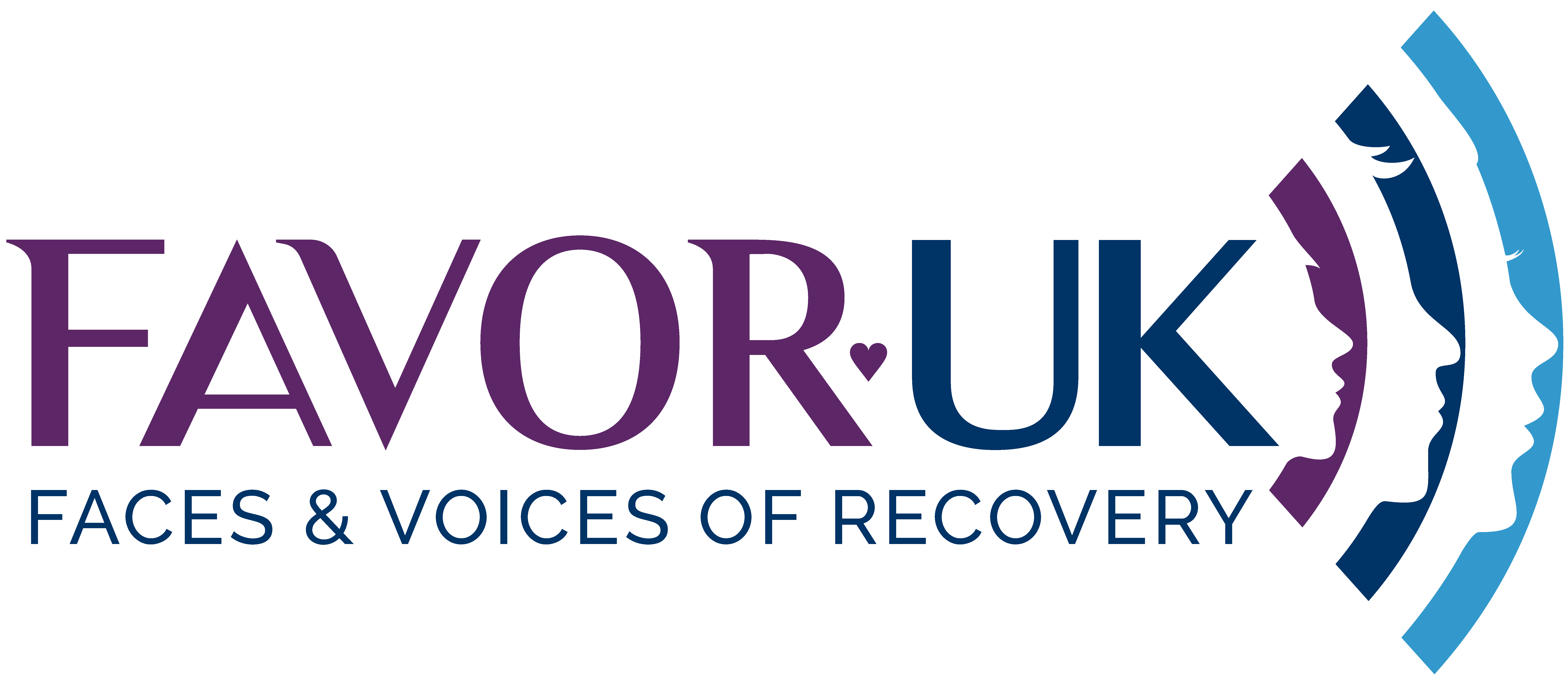Closure of 218 Service: A Blow to Women’s Recovery in Glasgow’s Justice System” By Annemarie Ward
A startling development has been uncovered following a Freedom of Information (FOI) request regarding the 218 service operated by Turning Point Scotland.
This essential women-only program, pivotal for aiding women in the justice system in their recovery from addiction, is on the brink of closure due to funding cuts.
This decision threatens to create a substantial gap in the support network for women in Glasgow and its surrounding areas. Recent revelations suggest that the funds withdrawn from the 218 service could potentially be redirected to finance the drug consumption room in Glasgow. This raises critical questions about the allocation of resources. The need for balanced investment between services that assist individuals in overcoming addiction and those that ensure safer drug use is evident. It should not be a choice between one or the other; both are vital in the broader context of addiction treatment and recovery.
Egregious Exclusion in Decision-Making:
This situation represents a glaring example of failure by local and national statutory organisations. For 20 years, Turning Point Scotland, a third-sector provider, has been a key partner in delivering these services. Yet, in this decision-making process, their involvement was conspicuously absent. Neither the Government, of Glasgows health and social care partnership nor Glasgow city council demonstrated any intention of consulting with community justice at the national level or those with lived experience. This lack of consultation contravenes the national guidelines on community engagement, which the health and social care partnership is expected to adhere to. Such an oversight not only questions the transparency of the decision-making process but also the commitment to collaborative and inclusive governance.
The Significance of the 218 Service: The 218 service, unique in offering a sex-specific recovery environment within the justice system, stands as Glasgow’s sole program of its kind. Its potential closure marks not only a regressive step in justice reform but also the dissipation of crucial support for women grappling with addiction.
Allegations of Prejudicial Decision-Making: Investigations into the FOI documents indicate Glasgow City Council proposed cutting the 218 service before finalising its review. Allegations have emerged that the review recommendations were forwarded to the Scottish Government without Turning Point Scotland’s consent, raising concerns about the integrity of the decision-making process.
Concerns over Funding and Accountability: The documents highlight a complex, collaborative decision-making process involving Glasgow Health and Social Care Partnership (HSCP) and the Scottish Government. However, they fall short of pinpointing explicit accountability for the decision to slash funding or close the 218 service, underscoring broader issues of transparency and responsibility in public administration.
Impact and Broader Implications: The closure of the 218 service would not only deprive Glasgow of a vital, sex-specific recovery resource but also highlight significant concerns regarding public accountability and the governance of essential services. The lack of transparent decision-making processes and clear accountability in such cases poses severe risks, particularly to vulnerable groups reliant on these services.
The Need for Advocacy and Oversight: This situation necessitates immediate attention and intervention. The opaque nature of the decision-making process, seemingly circumventing due process, calls for urgent scrutiny. Advocacy from public figures and entities, such as Monica Lennon or the Labour party, could be pivotal in challenging this decision and upholding the rights and needs of women within the justice and addiction sectors.
Conclusion: The unfolding situation around the 218 service is more than an administrative issue; it’s a significant societal concern affecting the lives and recovery journeys of numerous women. The necessity for a dedicated, women-only recovery service in Glasgow’s justice system is indisputable. This moment calls for leadership that recognises and responds to this critical need, ensuring equitable and effective allocation of resources for addiction recovery services.


This is diabolical that women’s lives and safety have been put at risk to fund a project this snp are promoting. To make them look efficient, when they’re a bunch of losers
.
I think it’s a disgrace this service being shut down as its the only one of it’s kind and so beneficial to these vulnerable people who use it , this government and council needs to find the finance’s required to save this service, as they are good at throwing money away on other needless projects